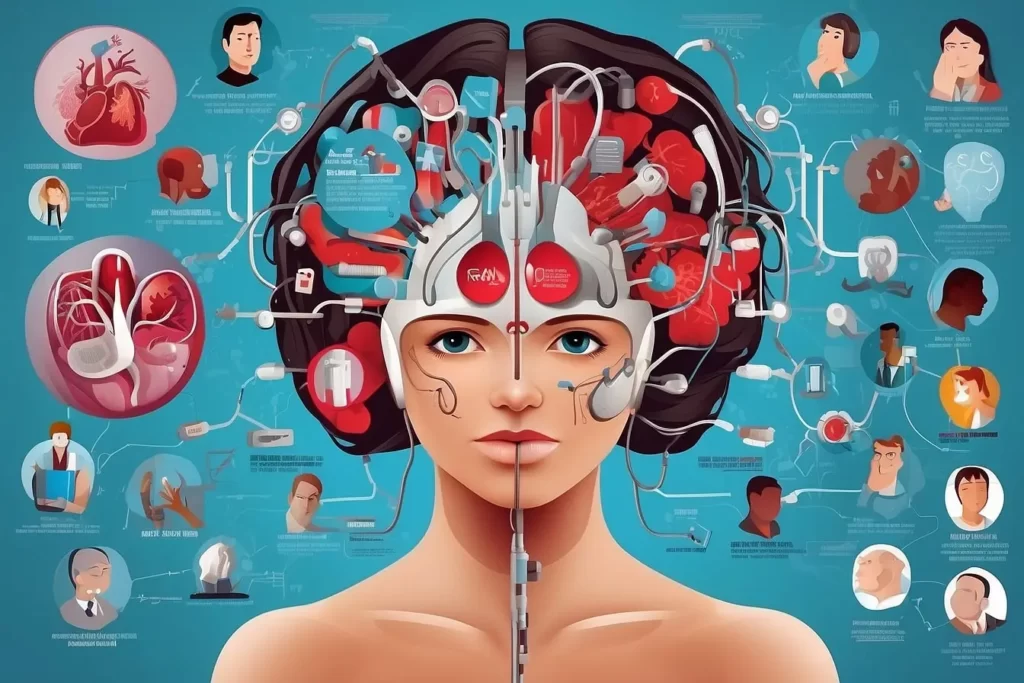
What is Reason of White Hair In Young Age
Unraveling the Mystery of Premature Graying: Causes, Solutions, and Expert Insights
Introduction:
The onset of white or gray hair is a natural part of aging, typically associated with the silvering of one’s locks over time. However, an increasing number of individuals are experiencing premature graying, witnessing their hair lose its pigment at a surprisingly young age. This phenomenon has left many pondering the question: What is the reason behind white hair in young people? In this comprehensive article, we delve into the various causes, potential solutions, and expert insights into this intriguing occurrence.
1. Causes of Premature Graying:
a. Genetic Predisposition:
One of the primary factors contributing to premature graying is genetics. If your parents or close relatives experienced early graying, there is a higher likelihood that you may too. Certain genes are associated with the regulation of hair pigmentation, and their variations can influence when your hair starts turning white.
b. Deficiency in Melanin Production:
Melanin, the pigment responsible for hair color, is produced by melanocytes in hair follicles. A deficiency in melanin production, often influenced by genetic factors, can lead to premature graying.
c. Stress and Lifestyle Factors:
High-stress levels and an unhealthy lifestyle can contribute to premature graying. Chronic stress, lack of sleep, poor nutrition, and smoking have been linked to accelerated aging processes, including premature graying.
d. Vitamin and Nutrient Deficiencies:
Insufficient intake of certain vitamins and minerals, particularly B vitamins, iron, copper, and zinc, can impact the health of hair follicles. Deficiencies in these nutrients may accelerate the graying process.
e. Medical Conditions:
Underlying medical conditions, such as thyroid disorders, vitiligo, and autoimmune diseases, can affect hair pigmentation and lead to premature graying.
2. Solutions and Expert Insights:
a. Healthy Diet and Nutrition:
Incorporating a well-balanced diet rich in vitamins and minerals is essential for maintaining overall health, including that of your hair. Experts recommend foods high in antioxidants, such as fruits, vegetables, and lean proteins, to support hair health.
b. Stress Management:
Managing stress through practices like meditation, yoga, and regular exercise can positively impact both mental well-being and hair health. Stress reduction may slow down the graying process.
c. Supplements:
Supplements containing key nutrients like B vitamins, iron, copper, and zinc can address deficiencies that may contribute to premature graying. Consultation with a healthcare professional is advised before starting any supplementation.
d. Avoiding Harmful Habits:
Quitting smoking and moderating alcohol consumption can benefit overall health, including hair health. These lifestyle changes may help slow down premature graying.
e. Topical Treatments:
Certain topical treatments and hair care products containing ingredients like biotin, keratin, and peptides claim to support hair health and delay graying. While some individuals report positive results, the efficacy of these products varies, and consultation with a dermatologist is recommended.
f. Medical Consultation:
If premature graying is a concern, seeking advice from a dermatologist or healthcare professional is crucial. They can conduct assessments, identify underlying causes, and recommend personalized solutions, such as prescription medications or advanced treatments.
Conclusion:
While premature graying may raise aesthetic concerns, understanding its root causes and exploring viable solutions is key to addressing the issue. Embracing a holistic approach that combines a healthy lifestyle, proper nutrition, and expert guidance can contribute to maintaining hair health and potentially slowing down the progression of premature graying. Remember, each individual’s experience is unique, and consulting with a healthcare professional ensures a tailored approach to addressing premature graying and promoting overall well-being.







